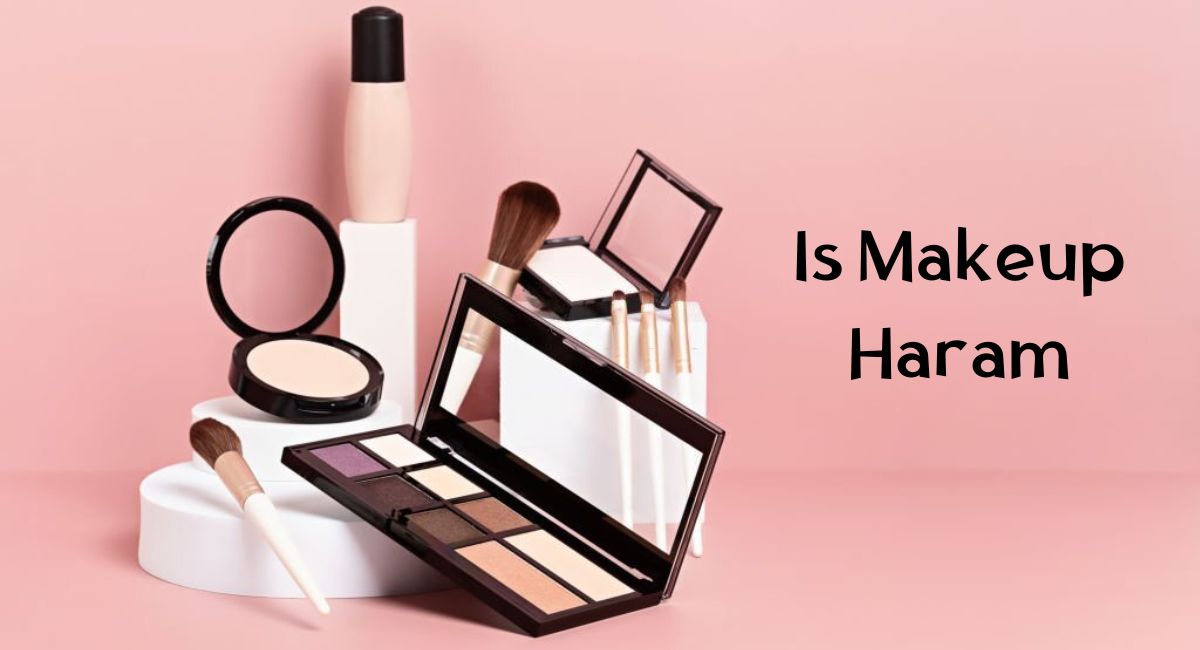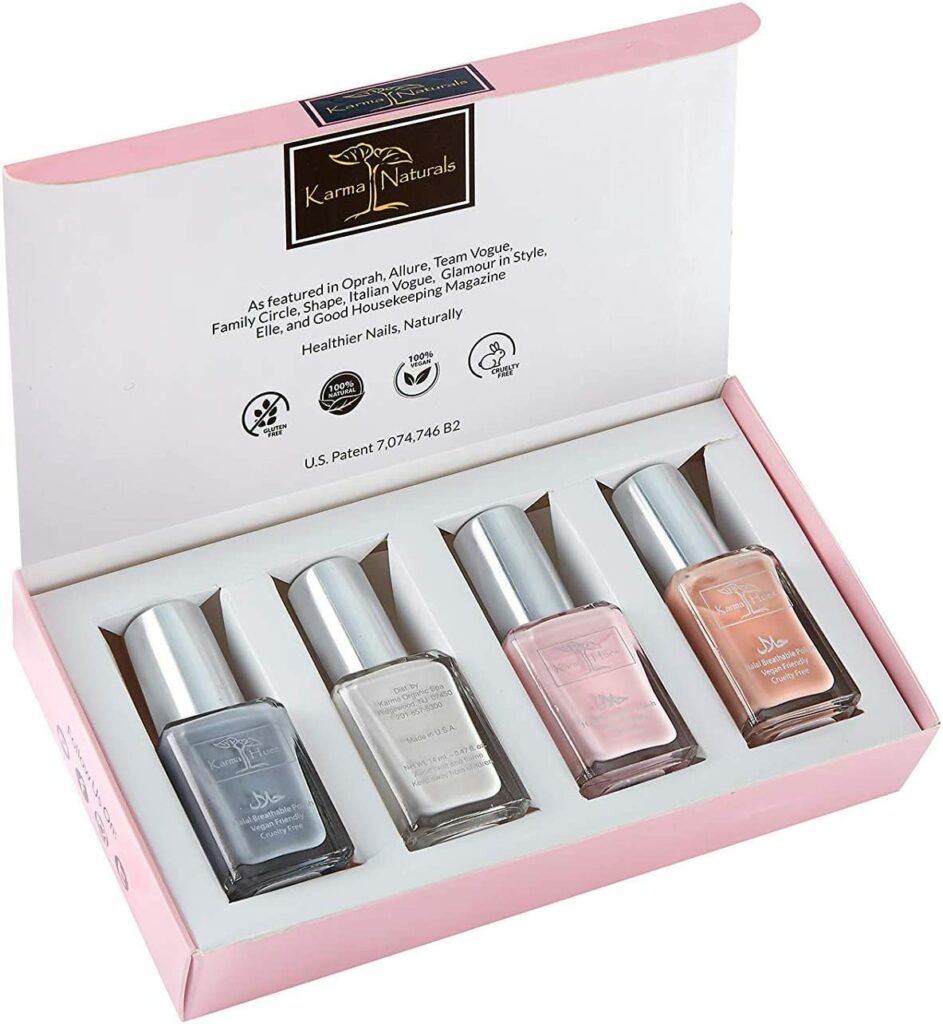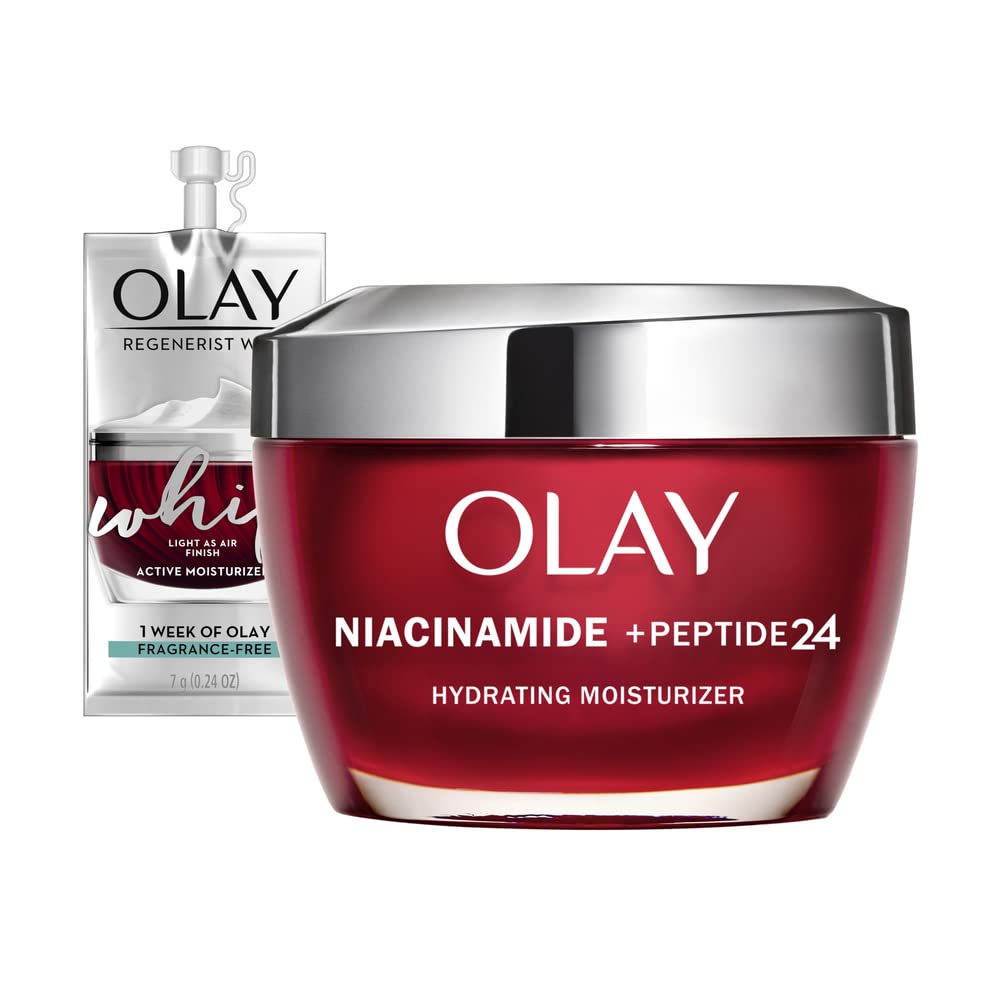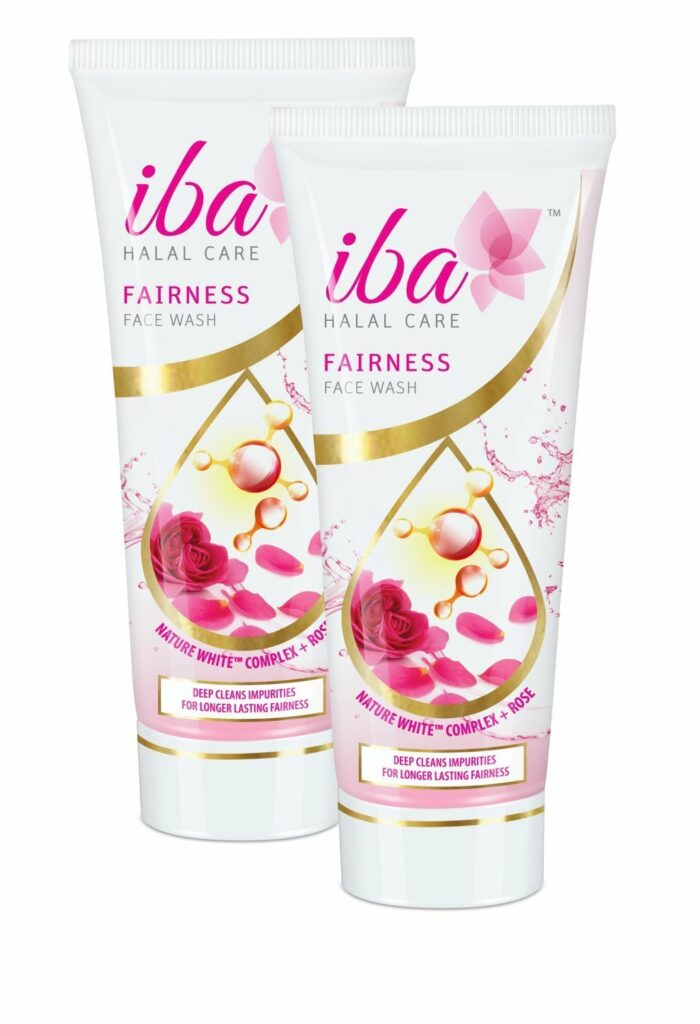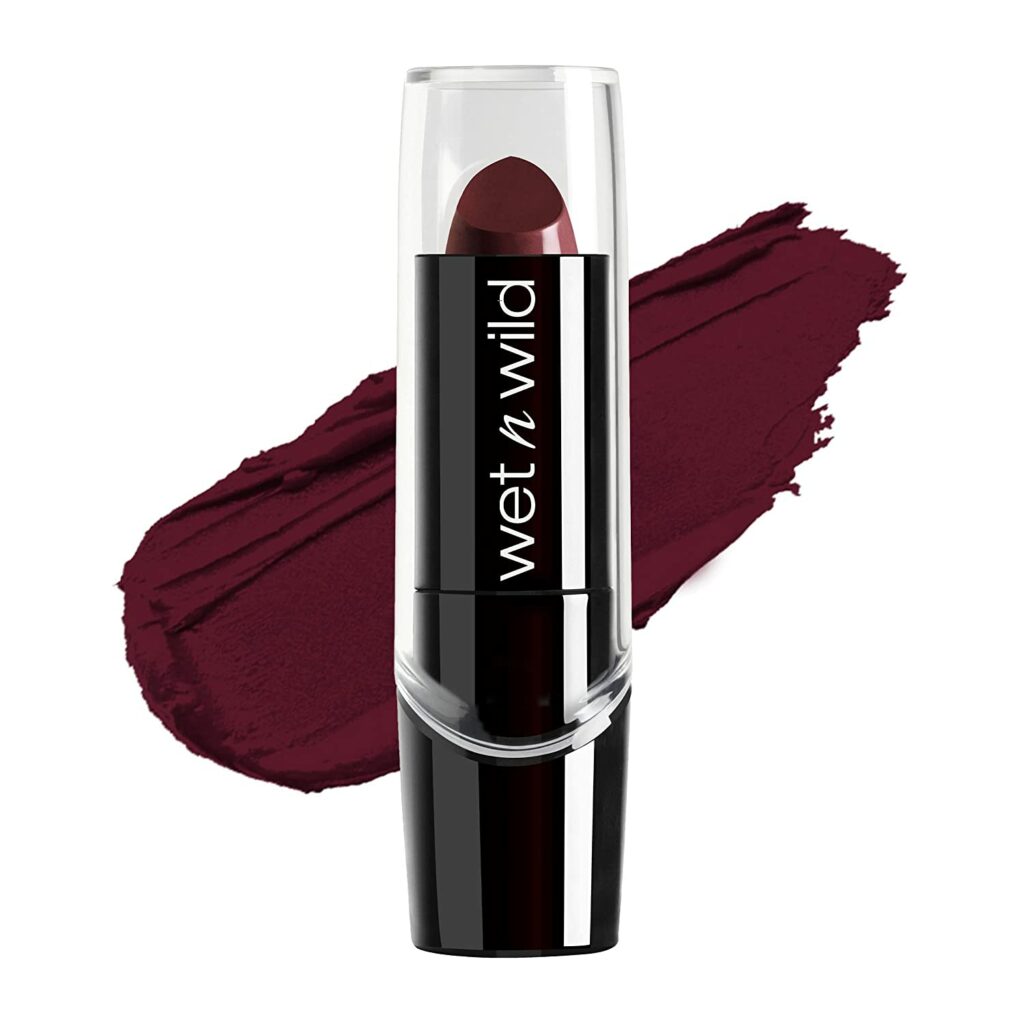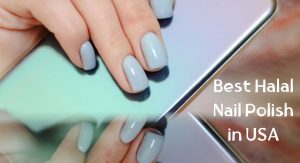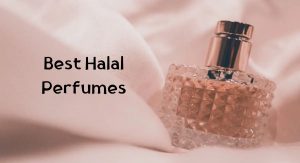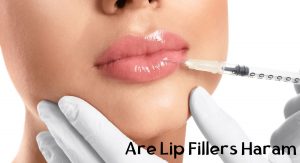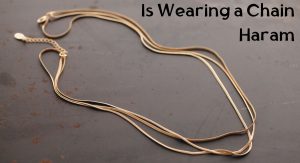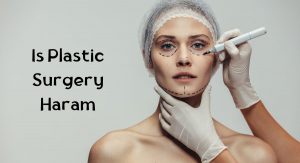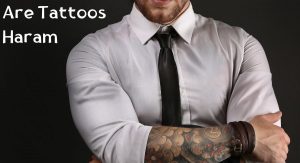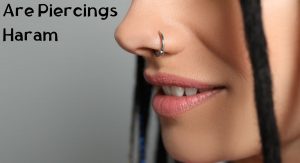Makeup is not haram in Islam if it is used for personal reasons and doesn’t contain any haram ingredients. However, it is considered haram if the intention behind wearing makeup is to attract someone who is not permissible to marry. Temporary cosmetic applications are allowed, but permanently altering the body is not permissible. Muslim women are encouraged to embrace their femininity and use beauty products for self-grooming.
Is makeup haram in Islam? This is a question that is often asked within the Muslim community, as there are many different opinions and interpretations when it comes to the use of makeup and vanity. In Islam, the rules and guidelines regarding dress code and appearance are found in the Quran and Hadith, but there is not always a clear answer when it comes to the use of makeup.
Some believe that the use of makeup is permissible as long as it is done modestly and does not lead to sinful or immoral behavior, while others believe that it is haram because it is seen as a form of deception or trying to imitate the opposite gender.
The understanding of this issue can also vary depending on the school of thought, culture and society. Ultimately, whether or not makeup is haram will depend on one’s personal beliefs and understanding of Islamic teachings.
This article will explore the various rules and exceptions regarding makeup in Islam, and will help readers to gain a deeper understanding of the topic.
Is Makeup Haram in Islam
In Islam, the permissibility of wearing makeup is a debated topic. There is no direct mention of makeup in the Quran or Hadith, so scholars have different interpretations. Some argue that wearing makeup is permissible as long as it is not done for the purpose of attracting non-mahram (non-close relatives) members of the opposite gender. Others believe that any form of makeup is not allowed as it goes against the principles of modesty and natural beauty upheld in the religion.
It is important to note that the use of cosmetics and self-care products is not inherently haram (forbidden) in Islam. Many Muslim women use natural and modest cosmetics to enhance their beauty and take care of their skin. However, the issue arises when makeup is used specifically for the purpose of attracting attention or creating an artificial appearance that goes against the concept of natural beauty.
The permissibility of makeup may also depend on the specific ingredients used in the makeup products. Some scholars argue that if the products contain ingredients that are prohibited in Islam, such as alcohol or animal-derived substances, then using such makeup would be considered haram.
Can Makeup Be Worn While Praying
According to Islamic scholars and sources, it is generally permissible for Muslim women to wear makeup while praying as long as the makeup does not contain impure or forbidden ingredients. The purity of clothes and body is essential for the validity of prayer, so if the makeup is pure and does not interfere with the ability to perform proper ablution (wudu), it is acceptable to wear makeup during prayer.
However, there may be differing opinions among scholars regarding the exact guidelines and conditions surrounding the use of makeup during prayer. Some scholars may advise against wearing heavy or excessive makeup, as it may be seen as a distraction or a violation of the principles of modesty and natural beauty. It is recommended for Muslim women to prioritize modesty and avoid using makeup solely for the purpose of attracting attention.
Is It Haram for Men to Wear Makeup
Wearing makeup for men is a topic that is often discussed in relation to Islamic teachings. In Islam, the general principle is that men and women should dress and groom themselves modestly, avoiding anything that may lead to imitating the opposite gender. However, the issue of wearing makeup by men is not explicitly addressed in the Quran or the teachings of the Prophet Muhammad (peace be upon him).
Some Islamic scholars argue that wearing makeup by men is prohibited because it is associated with imitating women and blurring the lines between genders. They view it as a violation of Islamic principles of modesty and gender identity.
On the other hand, there are scholars who are of the opinion that men can wear minimal and discreet makeup if it is done for valid reasons, such as covering up blemishes or scars. They argue that as long as the makeup does not lead to imitating women or compromising one’s masculinity, it may be permissible.
The permissibility of men wearing makeup may also vary depending on cultural and societal norms. In some cultures, men wearing makeup may be more accepted or even considered a cultural practice. However, it is important to note that cultural practices should not contradict Islamic teachings and principles.
It is recommended for individuals who have questions about specific practices, such as men wearing makeup, to consult qualified Islamic scholars for guidance. They can provide informed and contextually relevant advice based on Islamic teachings and principles.
Is It Haram to Wear Makeup in Public
According to Islamic teachings, the permissibility of wearing makeup in public depends on certain conditions. Generally, it is not considered haram for women to wear makeup as long as it is not done to attract the attention of non-mahram men (men whom the woman can marry). It is important for Muslim women to prioritize modesty and not use makeup as a means of drawing undue attention to themselves.
The use of makeup should be moderate and in line with societal norms and customs. Islam emphasizes the concept of haya (modesty) and discourages ostentatious and excessive adornment. The intention behind wearing makeup should be to enhance one’s natural features and present oneself in a respectful manner, rather than seeking attention or imitating non-Muslim practices.
It is important to note that there may be varying opinions among scholars on specific aspects of wearing makeup in public. Some scholars may have stricter interpretations, considering any kind of makeup as impermissible in public, while others may have more lenient views.
It is advisable to consult with knowledgeable scholars or seek guidance from local religious authorities to understand the specific rulings that align with one’s personal beliefs and circumstances.
Can You Wear Makeup in Makkah
During the performance of Umrah or Hajj, it is recommended for both men and women to refrain from wearing makeup. This is because the focus of these religious pilgrimages is on spiritual devotion and connection with Allah rather than physical appearance or adornment. Women are encouraged to present themselves in a natural state without the use of cosmetics, including makeup.
While there may not be a strict prohibition on wearing makeup in the city of Makkah itself, it is important to consider the context and purpose of being in Makkah. The primary objective of visiting Makkah is to engage in worship and fulfill the rituals of Umrah or Hajj. Therefore, it is recommended for individuals, especially women, to adhere to modesty, simplicity, and humility in terms of their appearance and clothing.
It is worth noting that different scholars and schools of thought may have varying opinions on the permissibility of wearing makeup during the pilgrimage. Some scholars may allow the use of minimal and natural-looking makeup, while others may advise against it completely. It is advisable for individuals to consult with their local religious scholars or follow the guidelines of their specific religious school regarding the use of makeup in Makkah.
Is Applying Kohl Haram
Applying kohl, also known as surma, in Islam is a topic with varying interpretations among scholars. It is important to note that different scholars may have different views on this matter. In general, wearing kohl for both men and women is considered permissible and even recommended in Islam. There are hadiths that indicate that the Prophet Muhammad (peace be upon him) applied kohl and praised its use.
However, the permissibility of wearing kohl in front of non-mahram men (men who are not immediate family members) is a subject of debate. Some scholars argue that it is not permissible for women to wear kohl in front of non-mahram men because it enhances their beauty and may attract unnecessary attention. They view it as a form of adornment that should be reserved for the privacy of one’s home or in the presence of their immediate family members.
On the other hand, other scholars argue that wearing kohl in front of non-mahram men is permissible as long as it does not lead to immodesty or attention-seeking behavior. They argue that wearing kohl is not inherently immodest, and it can be considered a form of personal grooming that enhances one’s appearance.
List of Halal Makeup Products
List of halal makeup products is a curated selection of cosmetics that comply with Islamic laws and regulations, ensuring that they are made with permissible ingredients and processes according to Halal standards.
Frequently Asked Questions
1. Can makeup be used with a hijab?
Yes, makeup can be used with a hijab. Many Muslim women choose to wear makeup while also wearing a hijab as a form of self-expression and to enhance their appearance. The choice to wear makeup with a hijab is a personal one and varies among individuals.
2. Is makeup haram in ramadan?
No, it is not inherently haram (forbidden) for a woman to wear makeup during Ramadan. The act of applying makeup does not break one’s fast, as it does not involve consuming food or drink. However, the permissibility of wearing makeup during Ramadan can vary based on individual interpretations and cultural practices. Some may consider it disliked or discouraged during the holy month, as it can distract one from the spiritual focus of fasting.
3. Is lipstick haram?
The permissibility of wearing lipstick in Islam depends on the ingredients used in the lipstick and the intention behind wearing it. If the lipstick contains halal (permissible) ingredients and is worn with a proper intention and within the bounds of modesty, it is generally not considered haram.
4. Is beeswax halal?
Beeswax is generally considered halal in Islam, as it is derived from bees and is not derived from a source that is explicitly forbidden in Islamic dietary laws. However, individuals who follow strict dietary guidelines may choose to avoid products containing beeswax due to personal preferences.
5. Is wearing mascara haram?
Wearing mascara is not inherently haram in Islam. Like other forms of makeup, the permissibility of wearing mascara depends on the ingredients used and the manner in which it is applied. If the mascara does not contain forbidden ingredients and is applied in a manner consistent with Islamic principles of modesty, it is generally considered permissible.
6. Is contouring haram?
Contouring, like other makeup techniques, is not inherently haram in Islam. However, it should be applied in a way that maintains the principles of modesty and does not involve the use of haram or forbidden substances. As with other matters of personal appearance, the intention behind contouring should be considered, and it should not lead to immodesty or excessive adornment.
7. Can Muslim women wear makeup during salah?
It is generally recommended for individuals, including Muslim women, to maintain a state of cleanliness and modesty during salah. If makeup is worn in a way that does not hinder the ability to perform the rituals of prayer, it is permissible to wear makeup during salah. However, excessive makeup that distracts from the worship or causes issues during ablution (wudu) might be discouraged. It’s important to strike a balance between personal appearance and maintaining the spiritual focus of prayer.
You Might Also Like These Related Article
Best Halal Nail Polish in USA – Discover the top halal nail polish brands available in the USA. From vibrant colors to long-lasting formulas, this article guides you through the best options for those seeking nail polish that aligns with their religious beliefs.
Halal Nail Polish Meaning – Understand the concept of halal nail polish and its significance within Islamic practices. This article explains the criteria that make nail polish halal, shedding light on the ingredients and production methods that adhere to Islamic guidelines.
Is Zoya Nail Polish Halal – Delve into the specifics of Zoya nail polish to determine whether it meets the requirements of halal cosmetics. This article explores the brand’s formulations and practices to help readers make informed decisions.
Is Breathable Nail Polish Permissible in Islam – Explore the unique concept of breathable nail polish and its permissibility in Islam. This article discusses the innovative technology behind breathable nail polish and evaluates its compatibility with Islamic principles.
Is Orly Breathable Nail Polish Permissible in Islam – Take a closer look at Orly breathable nail polish and its status in Islam. This article examines the brand’s breathable nail polish range, dissecting its ingredients and features from an Islamic standpoint.
Are Artificial Nails Halal or Haram – Navigate the question of whether artificial nails are considered haram in Islam. This article delves into the theological and cultural factors influencing the debate and offers a balanced exploration of the topic.
Is Botox Haram – Delve into the ethical and religious considerations surrounding Botox injections in Islam. Explore the arguments for and against its permissibility within the context of Islamic beliefs and principles.
Are Lip Fillers Haram – Uncover the Islamic perspective on lip filler procedures. This article dissects the potential halal or haram status of lip fillers and provides insights into how these cosmetic enhancements align with Islamic teachings.
